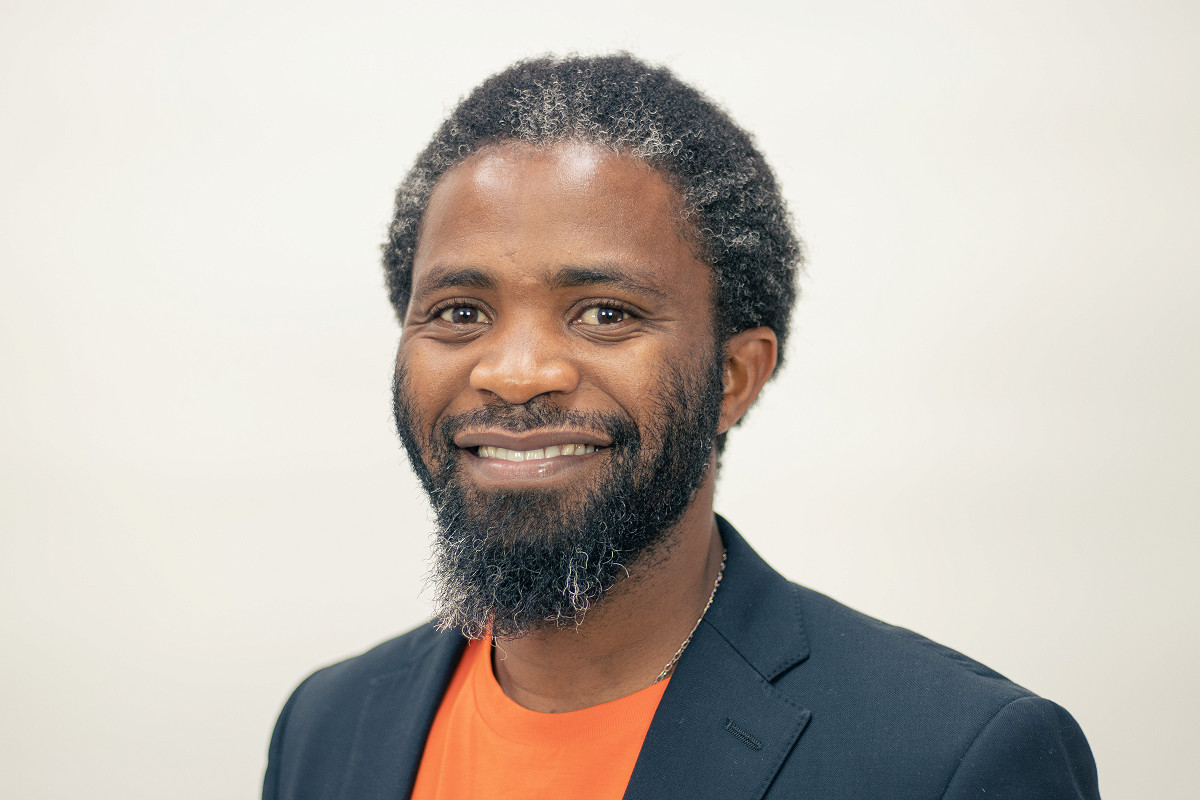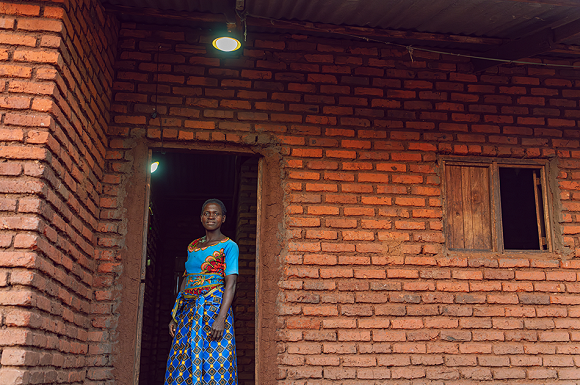15/02/2023
Video interview with Brave Mhonie, SolarAid – “We exist to make sure that everyone has access to quality light”

We interviewed Brave Mhonie, the General Manager of SolarAid’s operations in Malawi. He spoke about their mission, the challenges they are working to overcome, and the transformative impact they are having on communities in Sub-Saharan Africa.
In the interview, Brave describes the current lighting methods many people in rural communities are forced to use, and explains why getting solar lights into these communities is so vital. He also explains why traditional businesses do not – or cannot – reach rural communities, and the challenges that SolarAid are overcoming to solve this problem.
In 2020, the Turner Kirk Trust provided a donation of £75,000 to SolarAid to fund a pilot project in Malawi – Light a Village. The project experimented with different models of providing solar lights to villages in Ntchisi, Malawi, through the social enterprise, SunnyMoney.
The aim was to develop a self-sustaining model that could be scaled up for much greater impact. The project has been a huge success, bringing SolarAid one step closer to their mission of lighting up all of rural Africa by 2023 with safe and clean solar power.
SolarAid is now raising funds for the second phase of Light a Village, which will stress test the model, increasing the number of homes it services from 500 to 2,500. This is vital to generating the evidence needed to attract private sector and government investment for the mass roll-out of the model. The Turner Kirk Trust is providing just over half the funds for phase two and is matching donations up to £120,000. Get in touch with SolarAid for more information.
About Brave Mhonie
Brave is a social entrepreneur who joined SolarAid and SunnyMoney in 2008. He began as a field officer, educating the community about the importance of renewable energy. Brave later worked on the importing and assembly of solar lights and their introduction to schools in Malawi. He now leads the team in developing innovative business models that can accelerate sustainable energy access in rural areas.
About SolarAid
Founded in 2006, SolarAid is an international development charity that is working to combat poverty and climate change in Africa. Their mission is to create a sustainable market for solar lights in sub-Saharan Africa. Through their social enterprise, SunnyMoney, SolarAid distributes and sells solar lights to people living without electricity in Zambia and Malawi.
Brave Mhonie: Solar Aid is a UK based charity, which was formed in 2006 with a mission to combat poverty and climate change. We exist, of course, to make sure that everyone has access to quality light. Especially, we’re focusing our work in Sub-Saharan Africa, where the problem is extreme.
I know it's just a small solar bulb, a solar light, with kind of a small panel, but the impact of having it in your house – it is eliminating huge expenses in terms of spending money on buying kerosene. It is actually removing a threat of loss of life. And at the same time bringing clean lighting, which has the potential to bring good health.
Currently, people choose either to burn grass – they make grass straws, put flame on it, and leave it in the corner to burn as they are doing their tasks. That's the common lighting in this area because they don't have the money to afford other solutions, like candles and kerosene. Or, they are too poor, generally, to buy those things. Or they can't even access them because they are deep in the rural area.
There’s a problem of accessibility. How do we reach people in the remotest, hardest to reach communities where commercial entities are struggling? Where they’re finding it less profitable – there's less value for money, they say, in monetary terms. So, accessibility alone is one of the major challenges.
On top of which there’s affordability. If someone is poor and can't afford your product and they don’t become part of your market segment, you leave them out. So, obviously, affordability. The population is poor. So, these are two major problems that we need to deal with – affordability of the product and accessibility.
So, it's our challenge to find the right balance of bringing low-income households a sustainable business model that can access them. So, that’s what we’re trying to find a solution for.

